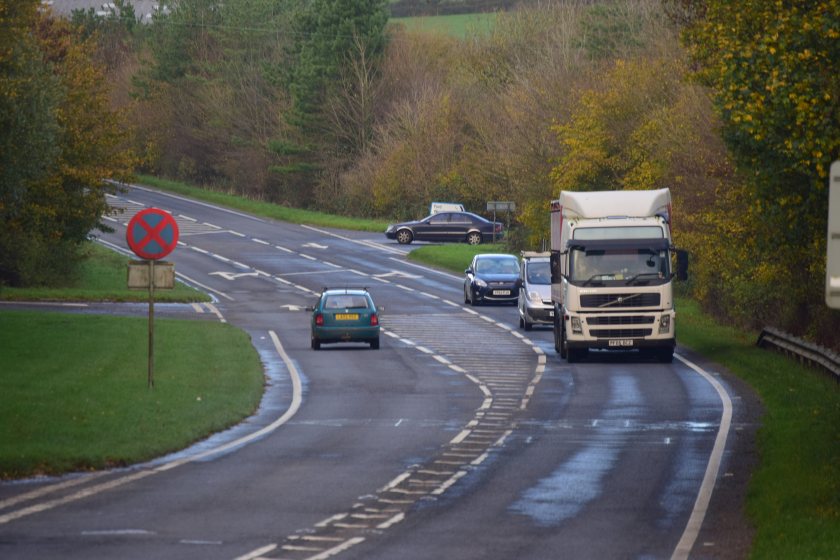
Logistics UK has urged the government to deliver a long-term alternative to Operation Brock, warning that the traffic management system on the M20 in Kent is no longer fit for purpose.
The call comes ahead of the bank holiday weekend in England and Wales, when experts predict up to 18 million car journeys will take place. The scheme, currently in force for the summer period, has led to significant congestion and disruption for freight operators and holidaymakers alike.
Jonathan Walker, Logistics UK’s Head of Planning and Infrastructure Policy, said: “Traffic chaos can be scheduled as accurately as a cross-channel ferry timetable when Operation Brock is deployed.
"The planning and budgets that have gone into developing and deploying the scheme now need to be applied to implementing a permanent solution.
“It is unacceptable to expect professional drivers, who are supporting the nation’s supply chain by providing consumers and businesses with the goods that they rely on every day, to tolerate being treated like second class citizens, without access to proper sanitation or refreshment facilities – we would not tolerate that sort of treatment in offices, factories or schools so why should we expect our logistics workers to put up with it?”
Operation Brock was first introduced in 2019 to mitigate delays caused by potential post-Brexit border congestion. Although originally designed as a temporary measure, it is now routinely deployed when disruption is anticipated, such as during peak holiday traffic, adverse weather or other interruptions to Channel crossings.
The system holds HGVs heading for Dover and Eurotunnel in designated lanes on the M20, while other traffic is diverted onto a contraflow on the opposite carriageway.
The scheme is estimated to have cost £35 million to develop, with a BBC Freedom of Information request revealing that deployment on ten occasions between 2019 and 2024 cost taxpayers more than £2.7 million.
Mr Walker stressed that congestion in Kent has wider national implications: “Over half of all goods traded between Great Britain and mainland Europe use the Short Straits crossings between England and France and up to 16,000 freight vehicles travel through the Port of Dover and Eurotunnel every day. Drivers of these vehicles are critical to the prosperity of the country and government’s growth ambitions and need to be treated with the respect they deserve, not held parked on the hard shoulder without access to a hot meal or a toilet for hours or even days on end.”
He suggested that the Sevington inland border facility, built at public expense, could be repurposed into a dedicated waiting area with proper facilities. He also called for electronic queuing systems to be introduced, allowing vehicles to be released in a controlled manner to ease traffic flows around the ports.
Mr Walker concluded: “The creativity and resourcefulness that designed Operation Brock in the first place must be put into finding a permanent solution to what was expected to be a temporary problem.
“The current situation is not sustainable, and we urge the government to work with the logistics sector to develop a solution that keeps goods moving, while minimising disruption to passengers as well as Kent residents, who have had to put up with queuing traffic for years. This solution must also ensure that HGV drivers have access to dedicated waiting areas with proper facilities - something every other worker in the country takes for granted.”